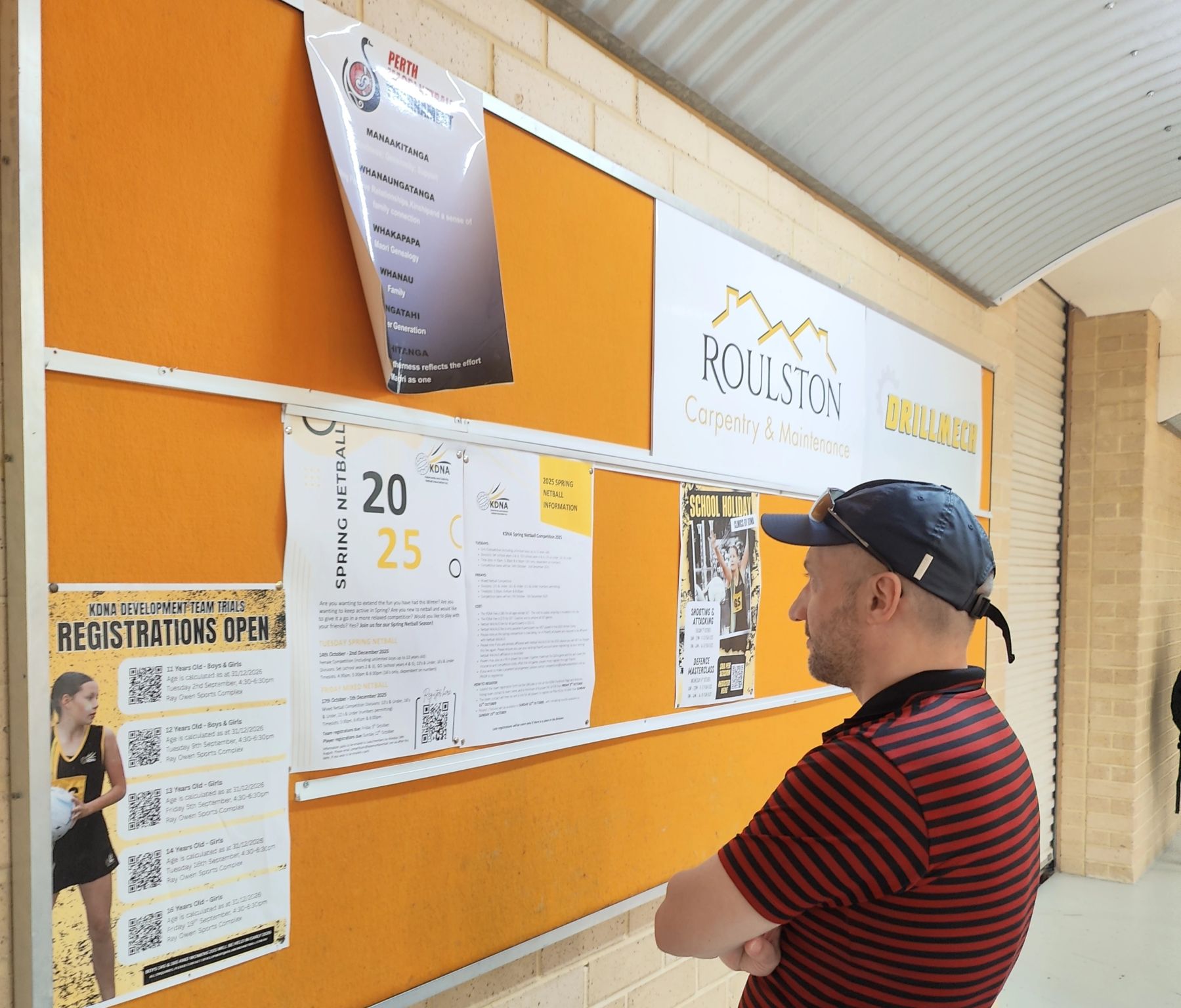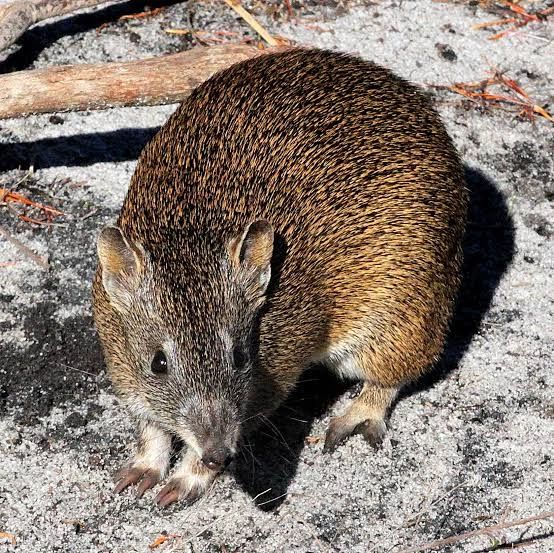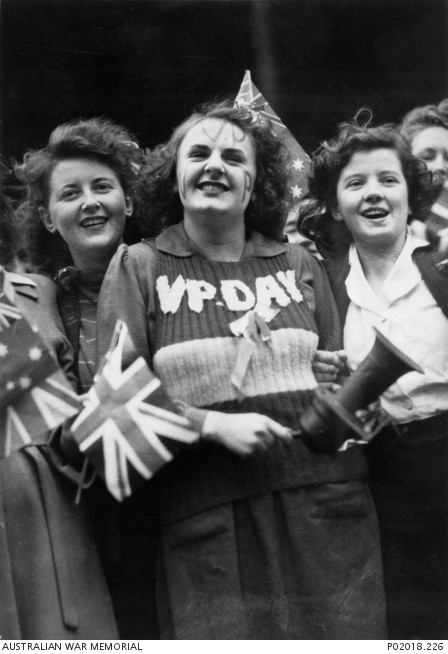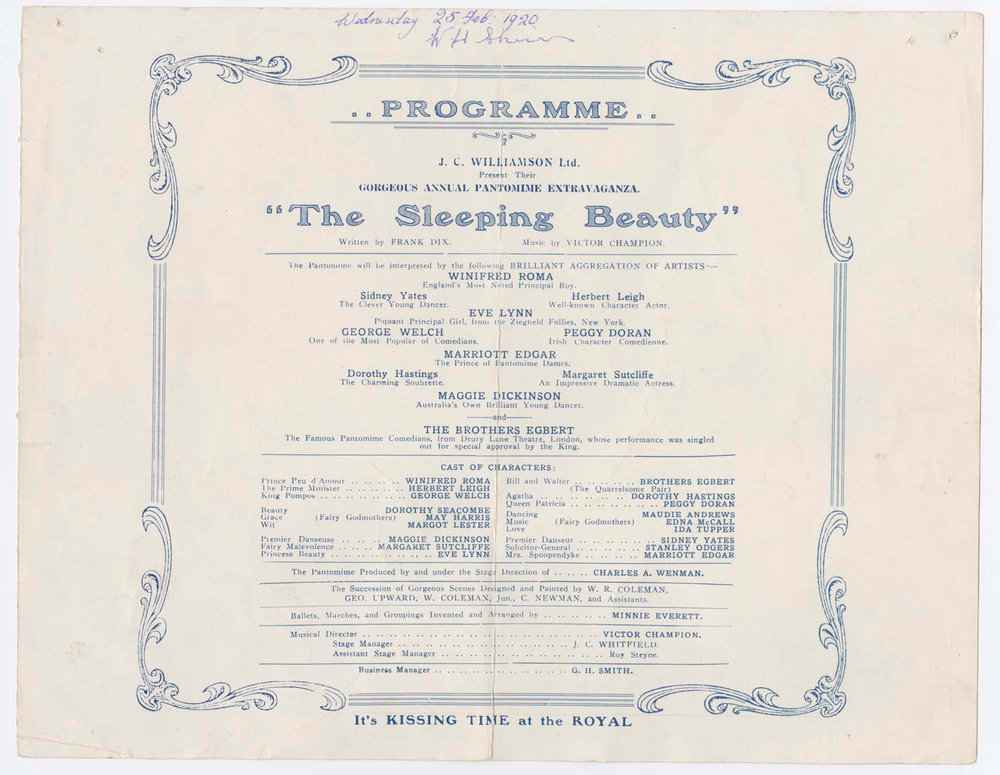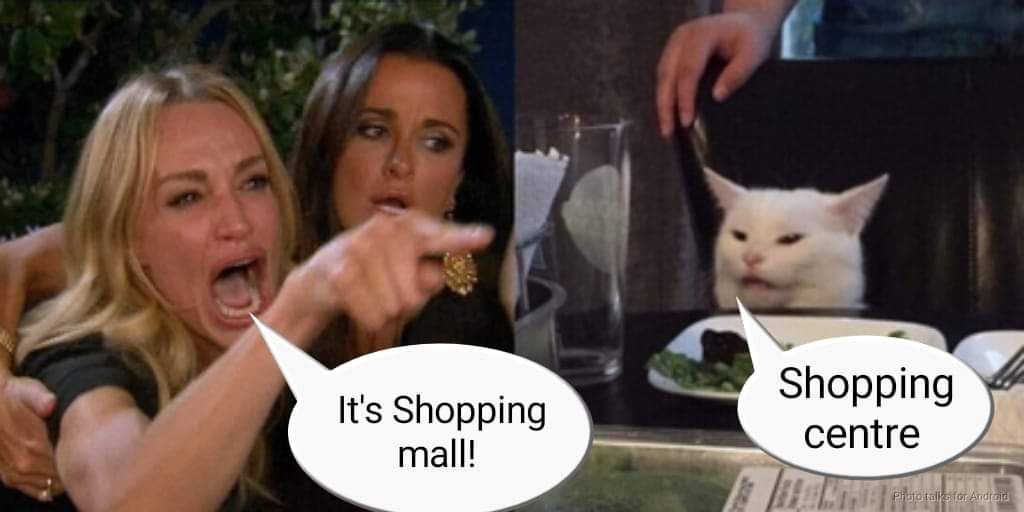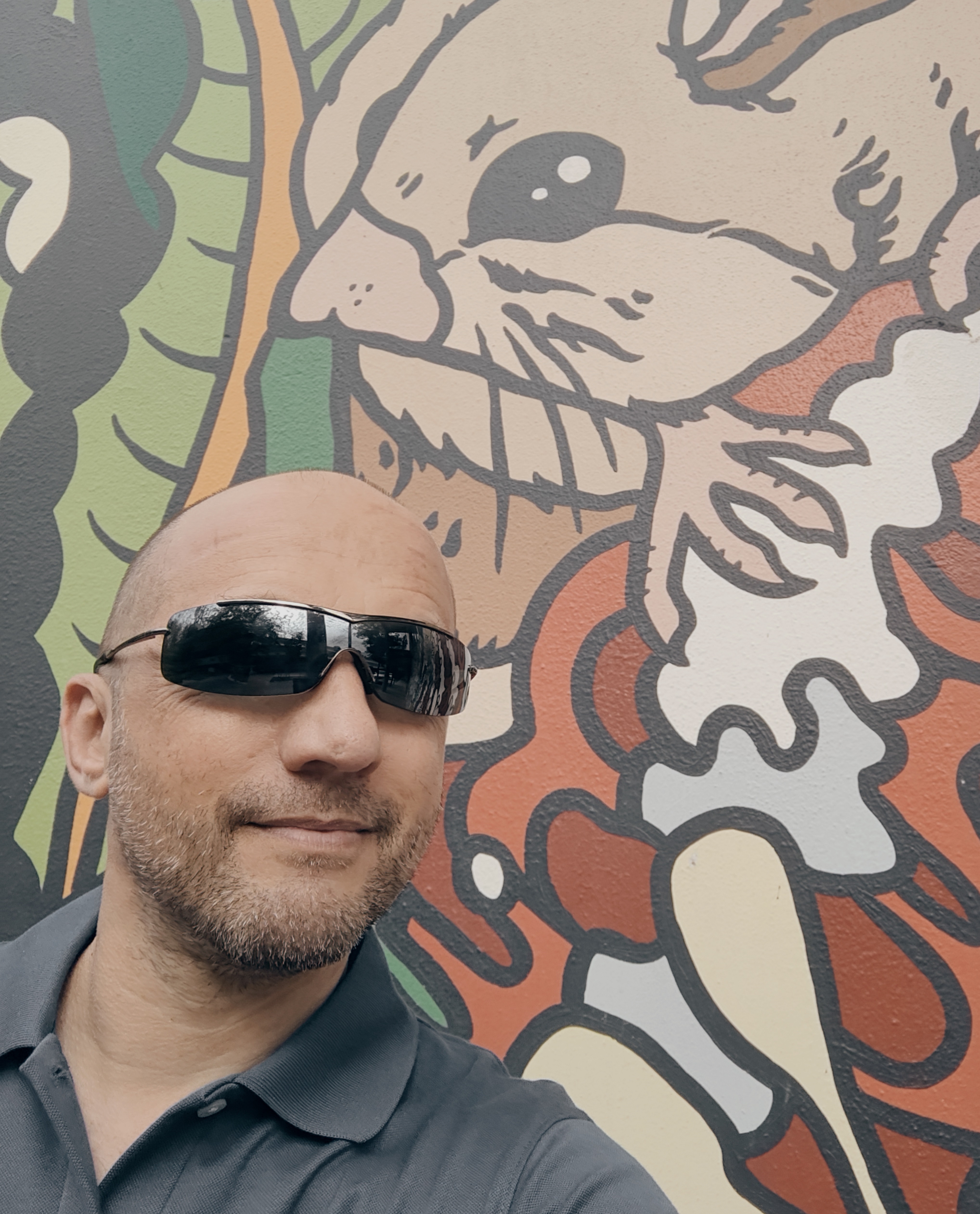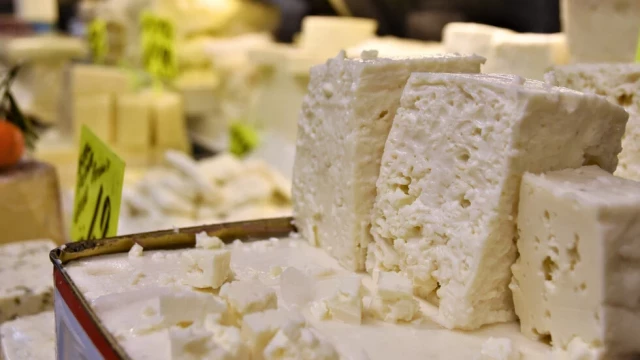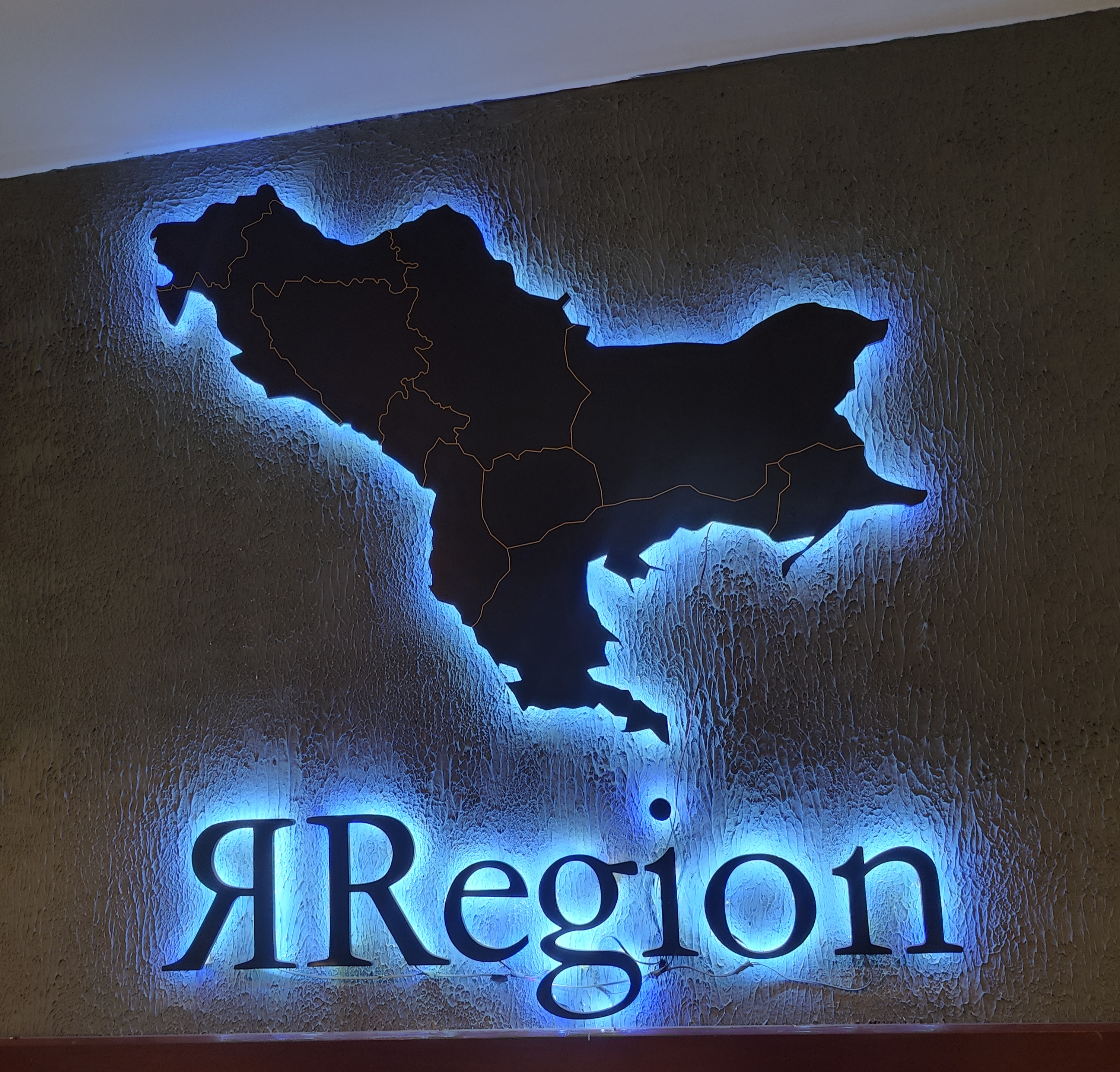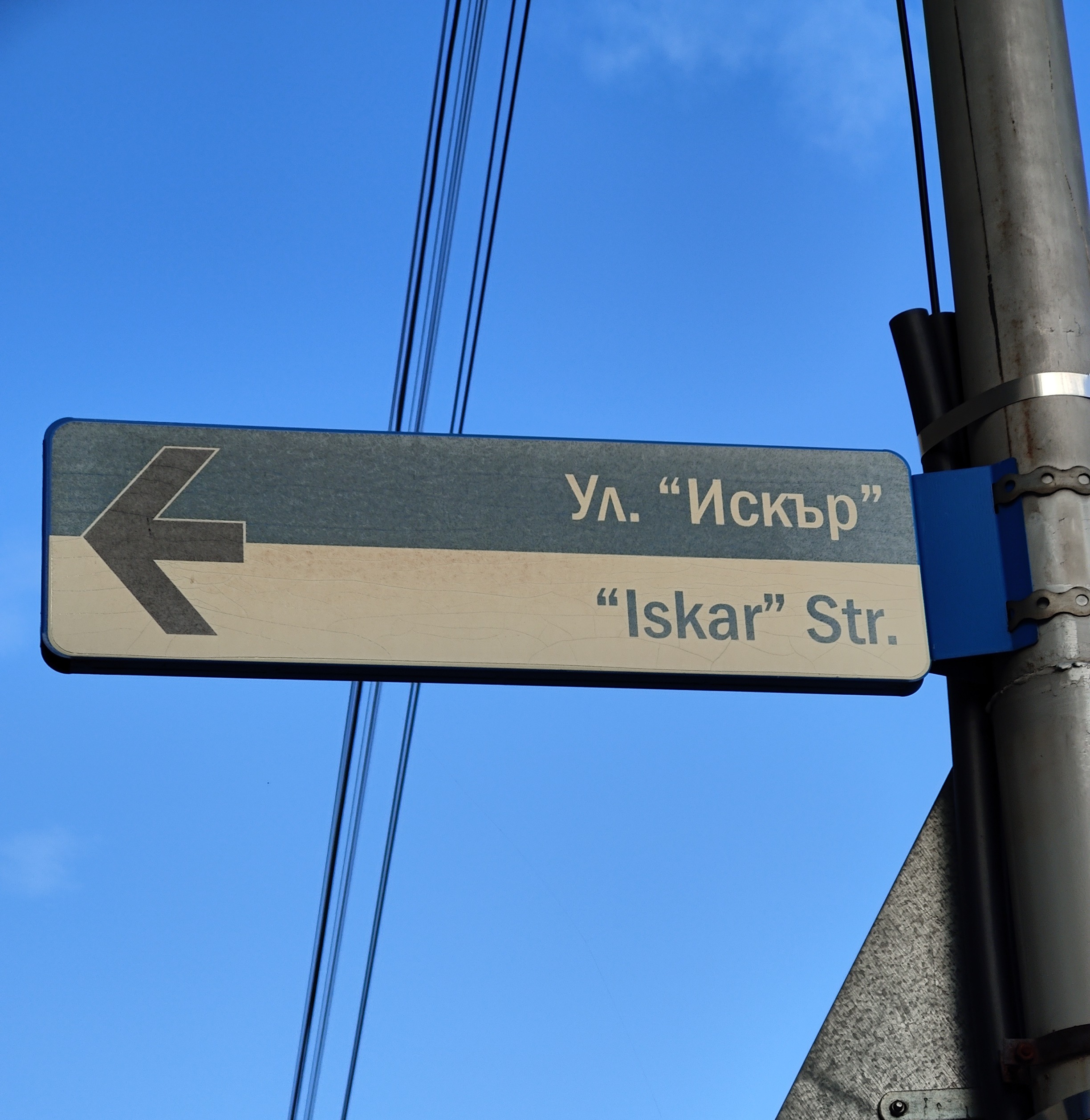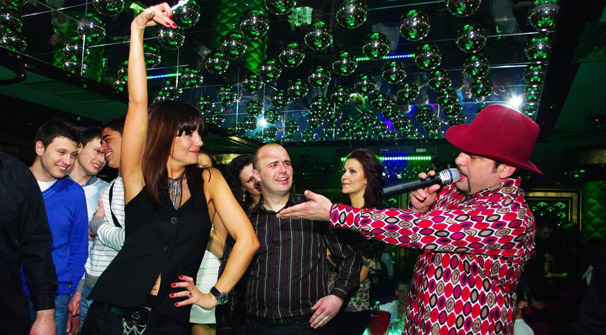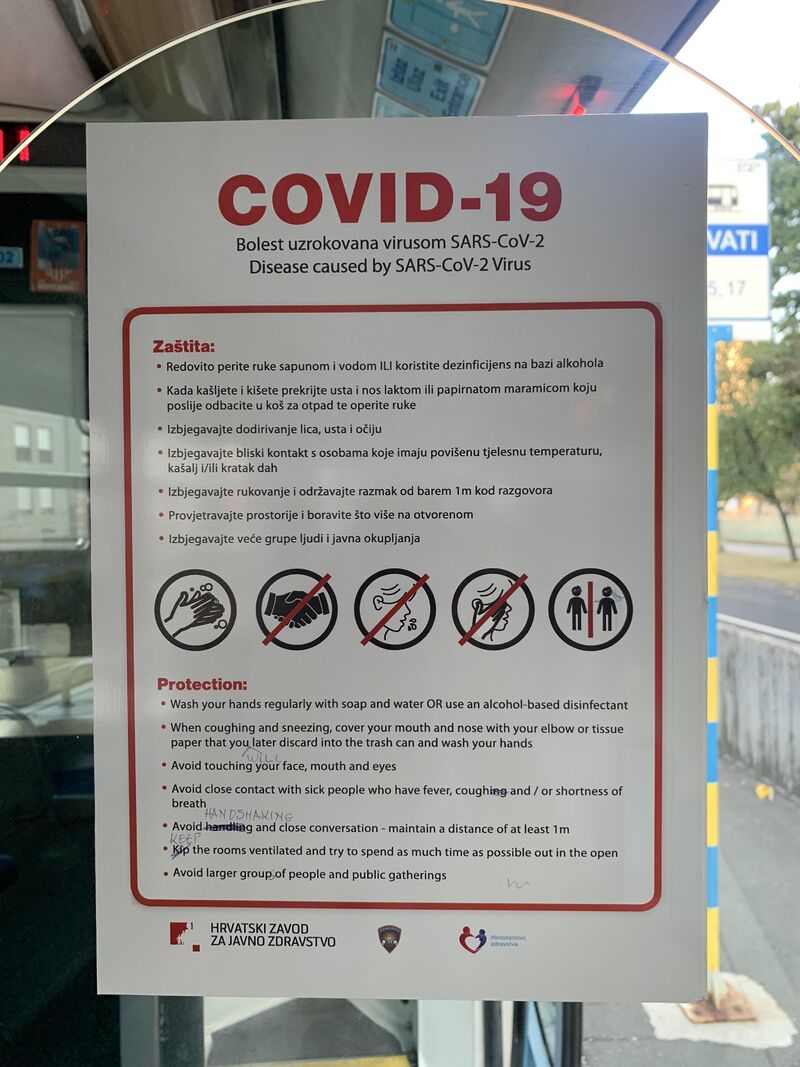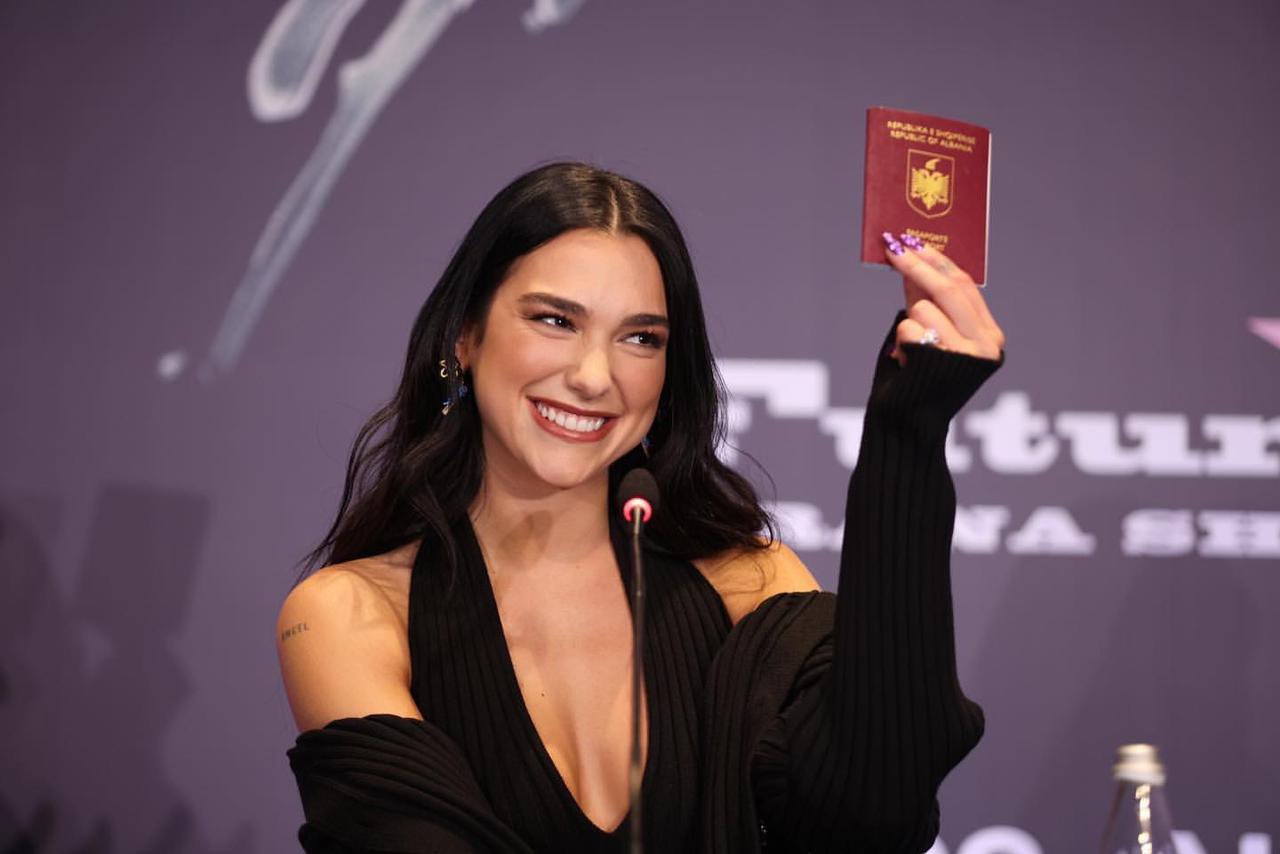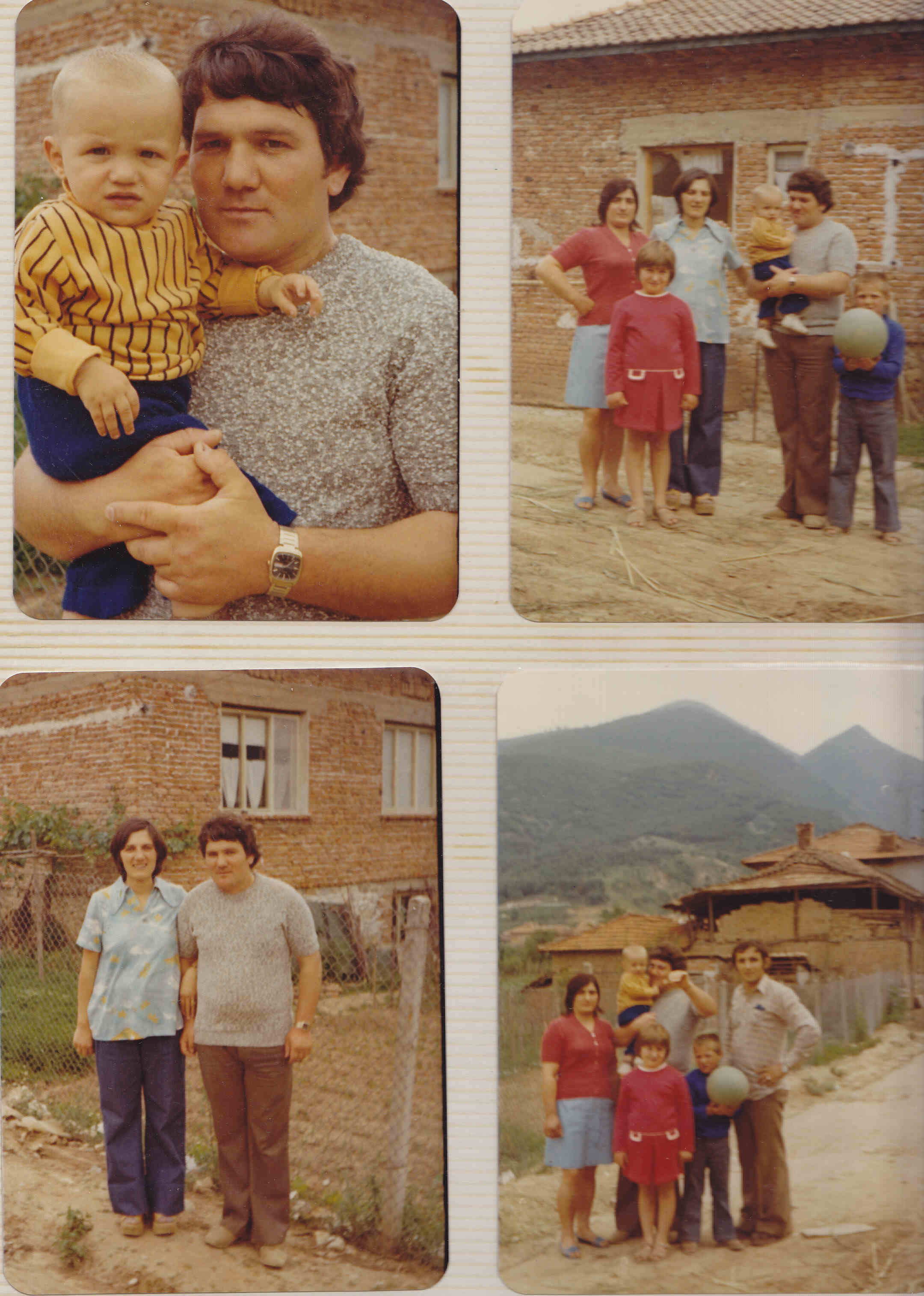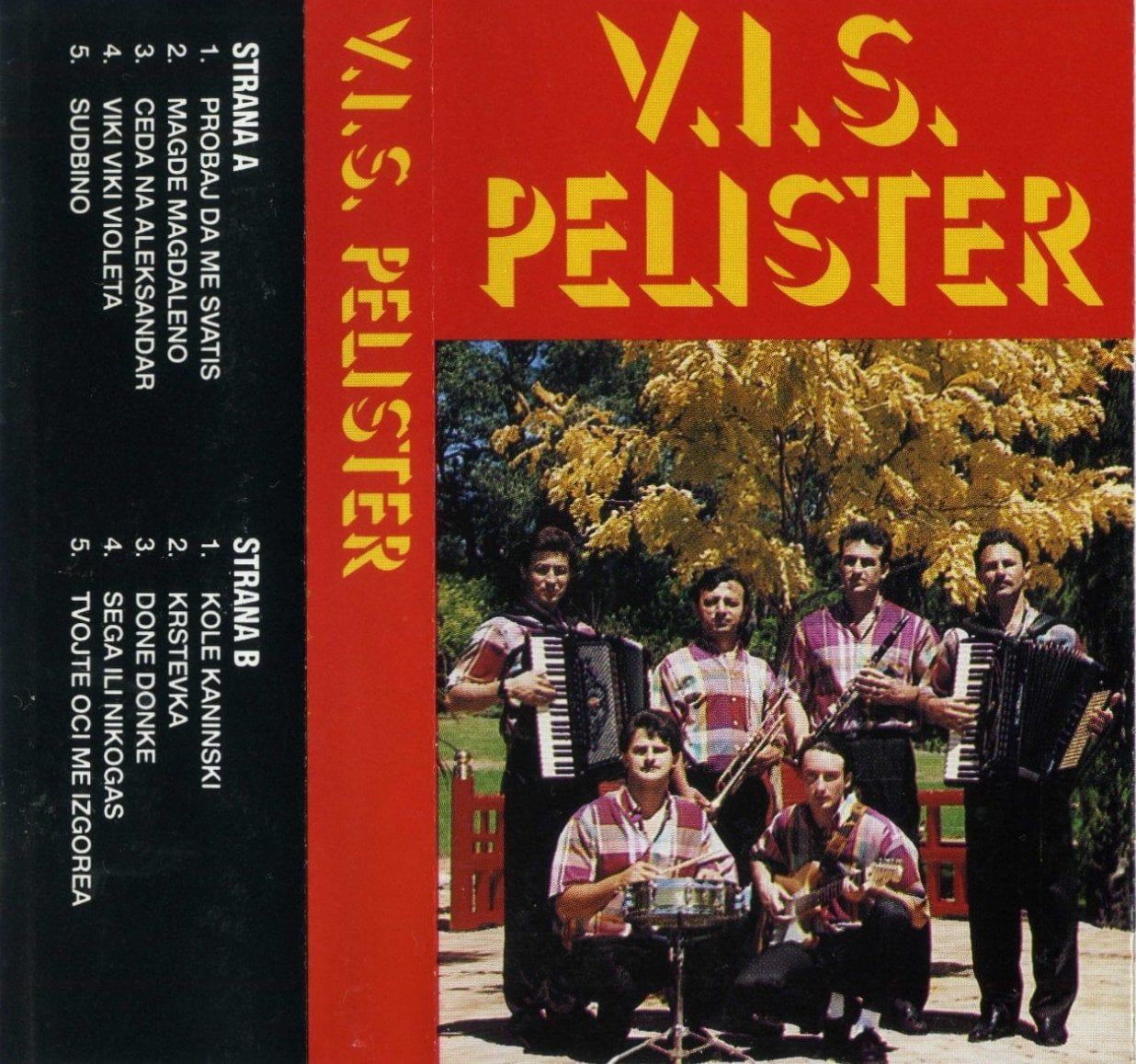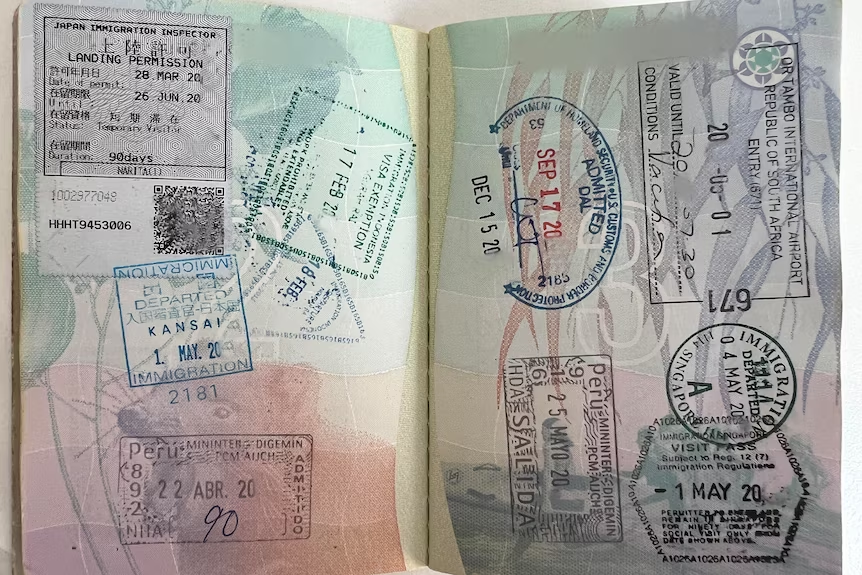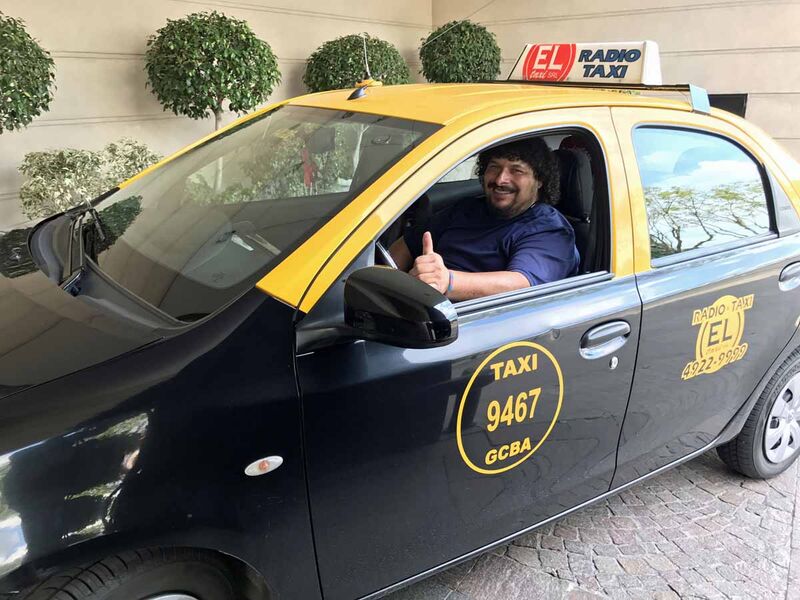Beograd Prajd aka Belgrade Pride Week starts 4 September. This year it comes in the midst of a Serbia in the grips of unrest in its major cities, a culmination of a student-led anti-corruption protest movement prompted after the collapse in 2024 of a façade at the main railway station in Serbia's second largest city Novi Sad, killing 15 people. Dissatisfaction with the monopolistic rule of the Srpska Napredna Stranka (SNS – Serbian Progressive Party) under president Aleksandar Vučić has reached a high. But the only thing new now for Vučić is the intensity as he's faced many a challenge, whether it be from hundreds of thousands of protestors horrified by an unprecedented school shooting or against lithium mining. You see, Vučić is exceptionally media savvy and Machiavellian in his approach – he always seems to be not one but two steps ahead of his opponents. And like with his foreign policy for Serbia, Vučić always seems to be able to tread a fine line between all opposing parties, internally and externally, where everyone either wins or suffers at equal proportion.
Vučić and his government's take on LGBT+ and "family" issues embodies the Jekyll and Hyde nature of characteristic of his politics, ostensibly being an advocate of both but essentially supporting neither. What we've seen is how "allowing" events like Belgrade Pride to take place provides Vučić's government with a rosy, and (very much focused at foreign consumption) image of equality and tolerance, easily impressing the target audience – western Europe's liberal circles. Vučić's appointment of the openly lesbian and western-educated Ana Brnabić as Prime Minister of Serbia in 2017 did what was expected and garnered positive headlines of how "open-minded" Serbia must be, as well as granting such lofty descriptions for Vučić as "a reformer who is committed to Serbia's drive toward European Union membership" and a sign Serbia was "moving away from anti-gay Russia".
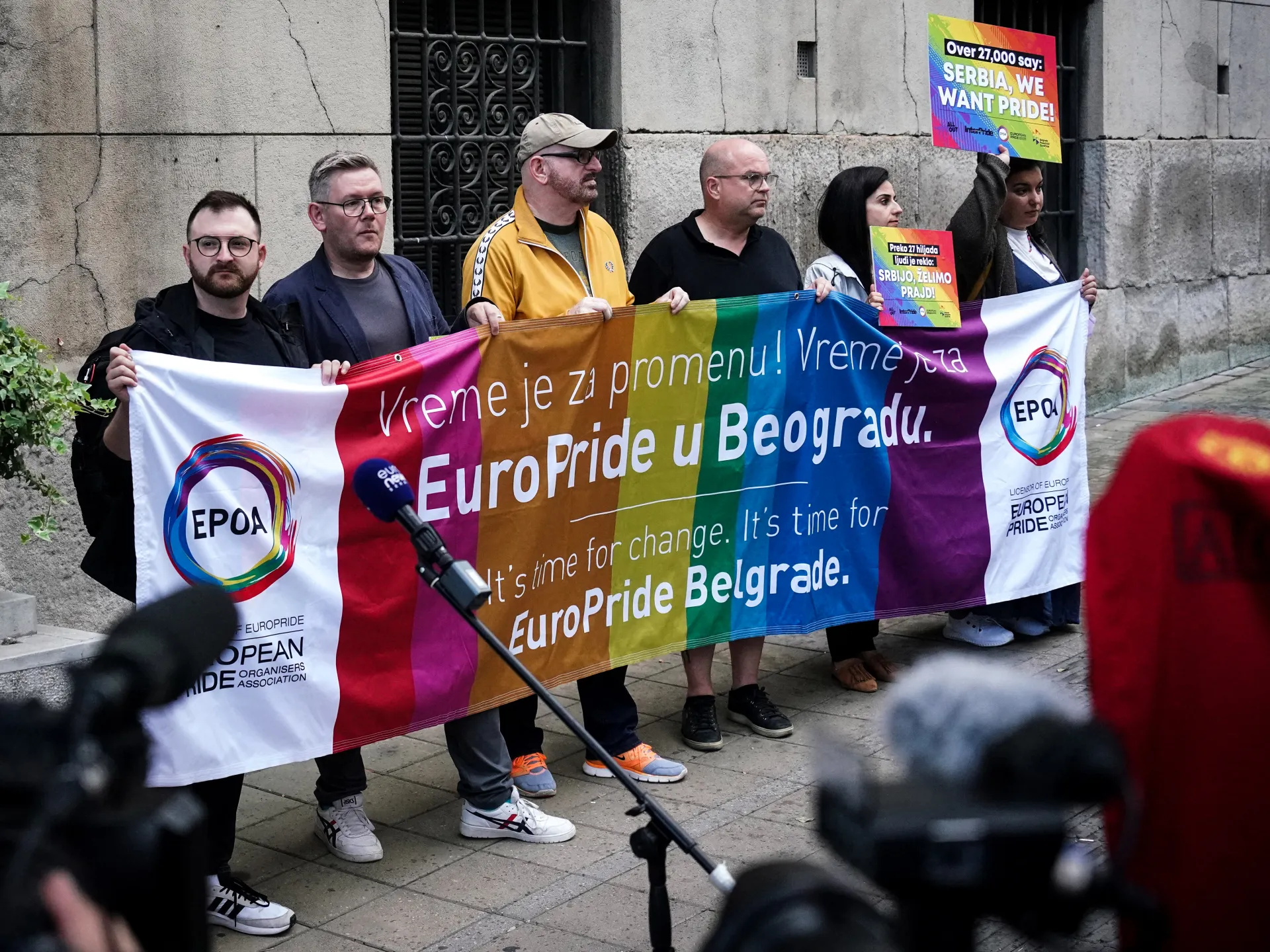
Things weren't as straightforward though when in September 2022 Belgrade hosted of the annual LGBT+ EuroPride celebration. Vučić and his nationalist-leaning SNS know that their socially conservative and predominantly rural voter base don't particularly like the gays, so it's a bit of different story behind the carefully created western-focused image. In juggling between placating western Europe and the general Serbian public, the lead-up to EuroPride in Belgrade saw so many contradictory statements being said that no-one was sure whether the event was going ahead or not. But in true Vučić style, a cartoon-ish compromise of sorts happened when the main parade was cancelled, but a short walk between two EuroPride events was then classed as "the parade" (in English only, clearly for a foreign audience).
At the time when all of Serbia and the wider region were in an end-of-season-like cliff-hanger situation of whether EuroPride was going to happen or not, it was only fitting that I was in Niš, Serbia's third largest city and the birthplace of Constantine the Great, the Roman Emperor who first officialised Christianity as Europe's main religion for the next 1700 years, given that "upholding Christianity" was apparently the main cause for the mass opposition in Serbia and beyond to the "modern-day Sodom and Gomorrah" that apparently was EuroPride.
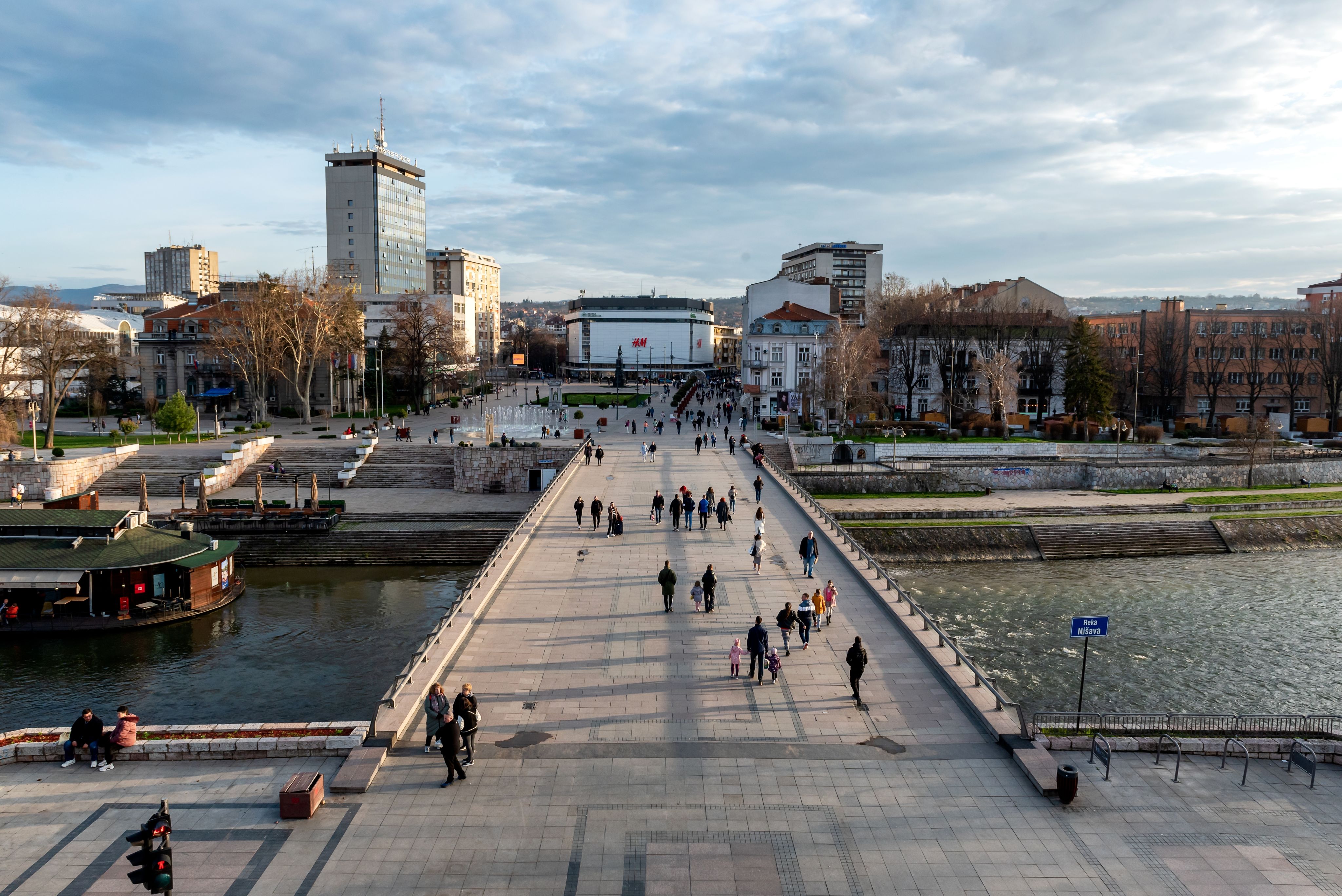
Niš at the time was also (in)famous in the region for a clip that went viral starring a woman by the name of Milka, who had been interviewed in the main pedestrian mall in the centre of the city. Milka claimed, among other things, that she had returned to Serbia recently after having lived in Germany, where she had apparently been fined €263 for refusing to abide by a school mandate that required the male pupils at her son's school for one day to come wearing dresses. This prodigal mother of sorts, as well as the clip, soon came to be known in the region as "Sister Milka".
The Sister Milka clip was first posted on Twitter by Ivica Božić, a member of the Antiglobalists of Serbia, far-right, anti-vax, anti-LGBT grouping. It didn't take long for the clip featuring the innocent-looking mother speaking in a curious accent to go viral. The region's media outlets were quick to pounce on this, making the clip even bigger news. Cue moral panic! Many Serbs and others in the region deemed Sister Milka's claims in the clips as undeniable proof of the "decadent", "untraditional" and "immoral" nature of western European social politics, and in turn confirming widely held beliefs, and points of pride, that Serbia and the wider Balkans are bastions of '"moral decency" and "traditional values". No surprises then that an overwhelming majority of the comments sympathised with our hero mother and showed disdain for the "immoral German authorities" heavy-handed approach.
But not everyone was buying it. Soon after some people started questioning the veracity of the claims made in Sister Milka's clip. Fact-checking sites and organisations such as Montenegro's Razkrinkavanje and Croatia's Faktograf started investigating.
Faktograf contacted the German Federal Ministry of Education and Research, which referred the Croatian fact-checkers to the Standing Conference of the Ministers of Education and Cultural Affairs of the States in the Federal Republic of Germany (let's just go with the original German "Kultusminister Konferenz" i.e. "KMK"). The KMK denied the allegations made in the "Sister Milka" clip and also rejected the possibility that schools or local authorities would, under the threat of fines, force children in German schools to wear clothes commonly attributed to the opposite sex.
Debate then shifted to the true identity of Sister Milka herself, after Dragan Šormaz, a senior SNS member, shared the video on his Twitter profile commenting that Milka was actually a Russian woman from the Humanitarian Centre in Niš, a Russian-sponsored organisation promoting "traditional family values". While this was soon taken to be fact, with many claiming that her accent was "suspicious", that still didn't bring the matter to rest. What was stranger than the accent was that a SNS member would state there is direct Russian meddling in internal Serbian social politics, given the close ties to Russia Šormaz's party and its sympathisers uphold.
Serbian current affairs portal Vreme managed to track down the alleged Milka to get her side of the story. Milka M., as Vreme labelled her, claimed that she indeed is a single mother who had lived in Germany for all her adult life but had recently returned from Munich to live in her native Niš. So no, she wasn't a Russian imposter, and this better explains her peculiar Serbian accent – too good for a native Russian speaker but much more fitting of a Serb who had been living in German-speaking environment for an extended period of time.
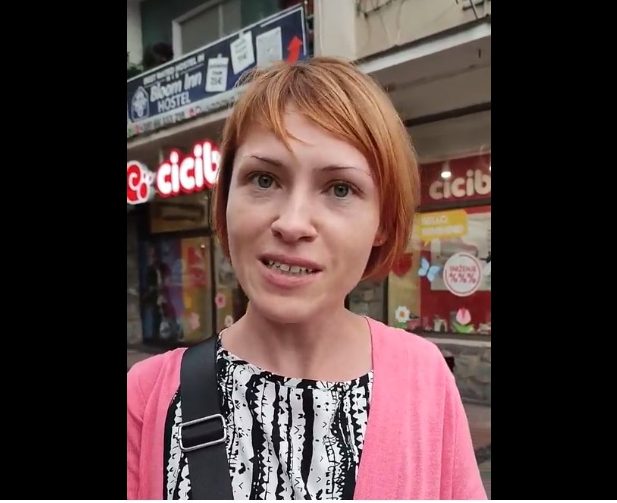
Milka stated that she had been misled as the clip was supposedly not going to be released to the general public, her face was to be blurred and her identity concealed. The clip was filmed after an undisclosed man collecting signatures to ban EuroPride approached her in the centre of Niš.
Regarding her claims that there was a cross-dressing day at her son's school, Milka claimed she received a flyer from the son's school in Munich informing parents that some kind of "week of tolerance" was being organised, and that one day – and it was a Tuesday according to Milka – boys can wear dresses and girls can wear boys' clothes. However, Vreme found no evidence or mention of this event on the school's website. According to Vreme, such cross-dressing events are occasionally organised in some German schools, where it's known as "Rollentausch" ("role reversal") or "Girls and Boys day". However, going by the photos Vreme's journalists found of similar events on the net, they concluded that it looked more like a carnival-related bash than anything to do with gender awareness. The irony is that similar role-reversal celebrations, customs and events, also often carnival-related and centuries-old, can also be found throughout the Balkans.
As for the fine of 263 euros Milka claimed she received, that was actually for her son's unjustified absence from school. In any case, had Sister Milka been fined for her son not wearing a dress, word of it would have caused just as much outrage in Germany as the false claim did in the Balkans.
Ivica Božić, the man who first posted the clip was the person who had approached Milka to sign the petition and also filmed the clip. His ultra-right-wing organisation Antiglobalists of Serbia has been much involved in a number of protests in Serbia in recent years, ranging from anti-vaccination to against lithium mining. Božić had been quite vocal against the upcoming EuroPride event in Belgrade in 2022.
Sister Milka claimed that she had agreed to make the clip after a long conversation with Ivica Božić but then she "got confused". Milka said she was wearing no make-up ("as if a flood washed me out") and asked that her face be blurred in the video and that her identity be concealed. Božić himself later confirmed this in an interview with Vreme. Božić also claimed that he had sent the clip on Viber to Milka before posting it, but possibly a "misunderstanding" had occurred between them.
After the clip blew up on Twitter, Milka claimed that Božić called her the day after that and that she had have no idea what was happening on Twitter. Božić told her about some lawsuits that they should file, but Milka retaliated by saying she should sue him first for not honouring their agreement by posting the video and not blurring her face.
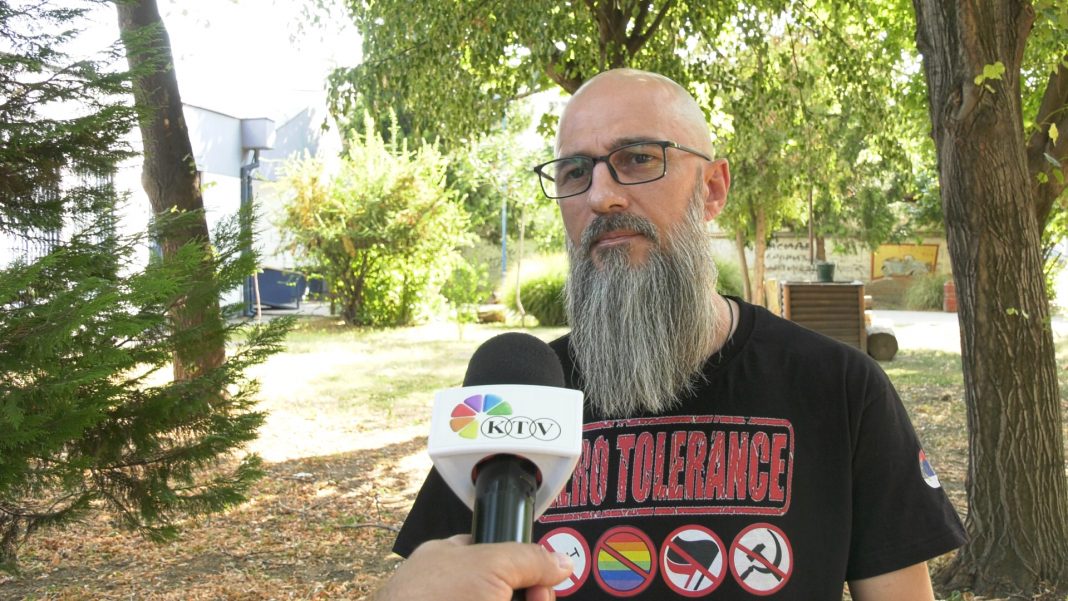
What Milka M. later revealed in her interview with Vreme was that her son has a mild form of autism. She also confirmed that she and her son had indeed left Munich for her native Niš, but not on grounds of cross-dressing but due to her anti-vax stance, stating that she had been disgusted by Germany's policies of separating unvaccinated people from the vaccinated during the lockdown. Anti-vax sentiment is strong in the Balkans, with many firmly believing that childhood vaccination is the main cause of autism. However, what comes as a surprise to many is this anti-vax attitude in the Balkans is more prevalent with the local middle class. During the Covid pandemic, poorer Balkan people were more likely to get vaccinated as they couldn't afford to be unwell. As well, the days when people in the region would die of malaria and tuberculosis was still in living memory.
In the end, like with so many fabricated moral panics, the Balkan public was left with more questions than answers over Sister Milka: why did Milka then make such claims only later to refute them when confronted? And why would Božić manipulate a single mother like this to further his agenda? What the viral nature of this clips showed is how much confirmation bias resonates in Balkan society. Despite what governments in the region would like to present themselves, even those such as Bulgaria, Romania and Greece that are European Union Member States and have pro-LGBT+ legislation enshrined, an overwhelming majority of the region's population believes that anything challenging the strict moral codes and gender roles of the past 2 centuries are a "western import", alien to the region, something to be feared and an afront to their traditions.
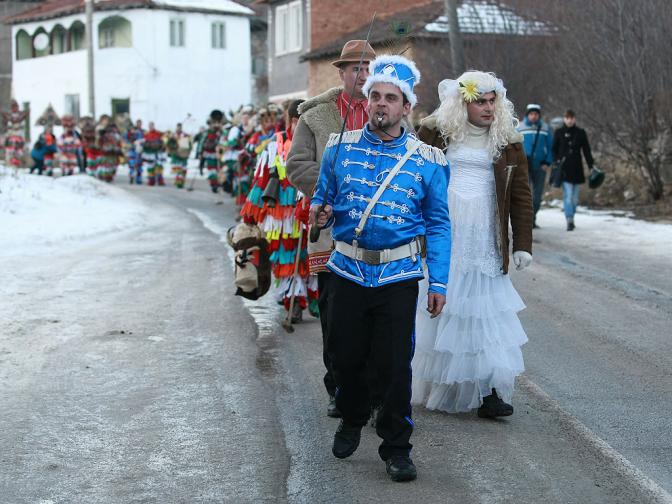
If there is one huge irony from the Sister Milka clip, then it's when Milka emphasised in her tirade, complete with dramatic pause followed by a direct look down the barrel of the camera, of what her son liked wearing most of all when he goes to school...
He likes wearing a 'dres'.
Yes, seriously!
So has this been all about nothing?
Well, no. In Serbia and all over ex-Yugoslavia, a 'dres' is a football jersey.
So for all you would-be offended Balkan parents not wanting their sons to wear dresses at made-up cross-dressing school events, best move to an English-speaking country, so whenever the authorities (never) force your son to wear a dress, you can say that you thought they meant a 'dres'. Case solved!

Back to Belgrade Pride, will we see any change from last year? Germany's Friedrich Naumann Foundation for Freedom (FNFF), one of the main partner organisations of Belgrade Pride, had this to say about last year's event: "The parade took place under heavy security precautions. Hundreds, if not thousands of policemen hermetically sealed off almost the entire city centre. This way, the autocratic regime did not expose itself to accusations of curtailing the rights of LGBTIQ people to demonstrate, but at the same time ensured that the parade took place almost entirely out of public view."
However, the FNFF also reported that on the day of the parade in Belgrade, Serbian Prime Minister Miloš Vučević opened "Dani porodice" ("Family Days") in the small Serbian town of Perlez just to the north of Belgrade, promoting "the family and family values" – yet another counter-display, appealing directly to the the SNS electorate. However, when asked whether LGBT+ people in Serbia would receive the same rights as other citizens, the prime minister replied that this was “not an issue at all” for the ruling SNS: “If someone else leads the country, maybe that will change.”
FNFF commented to this "so there is hope." But is there really?
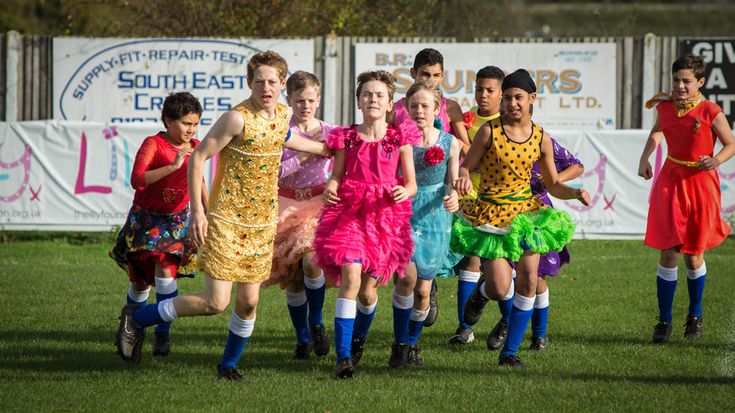

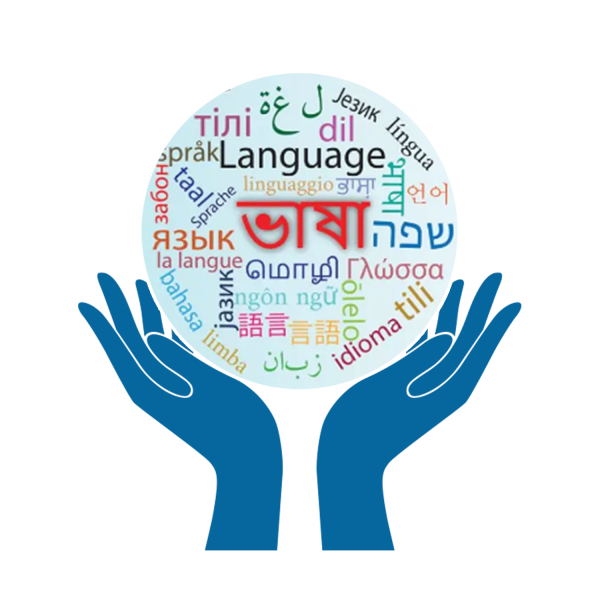
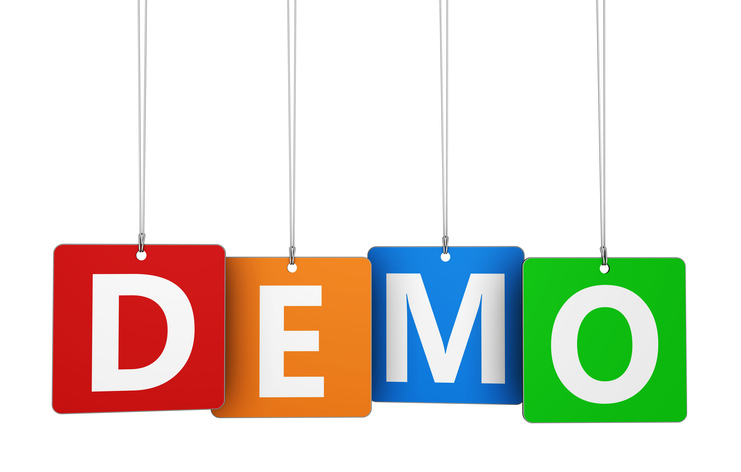
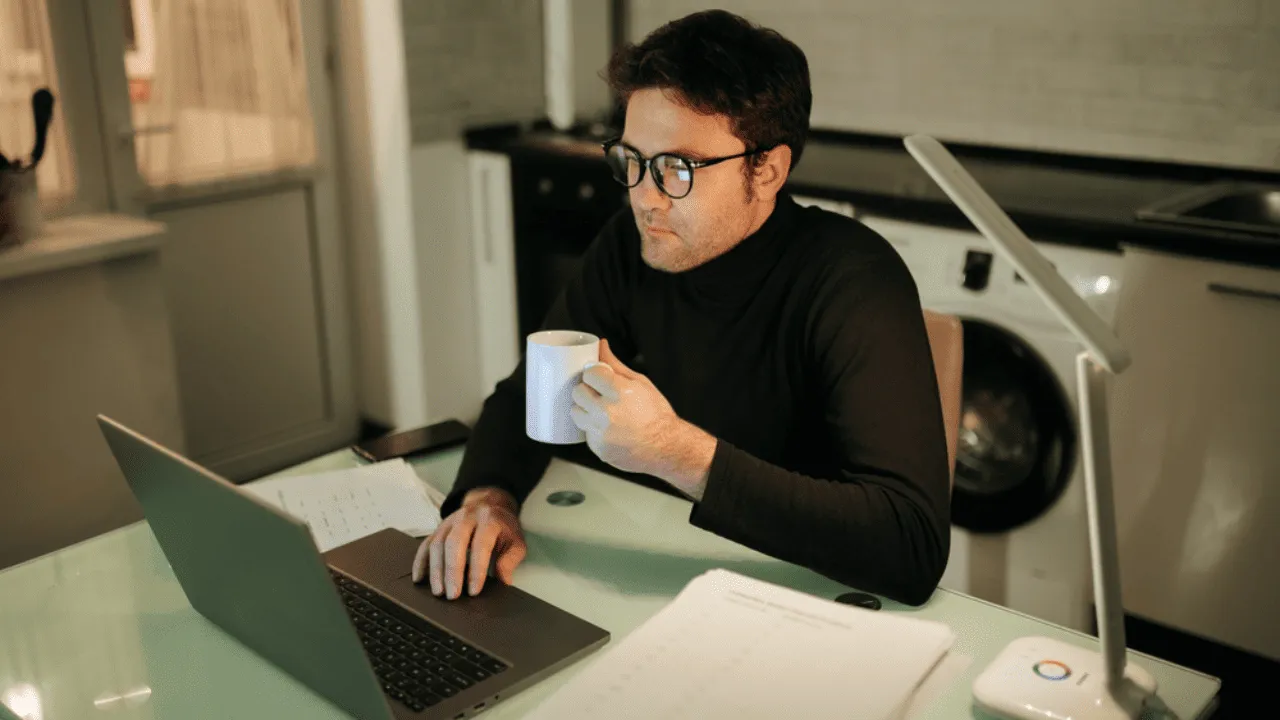
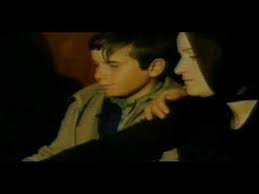
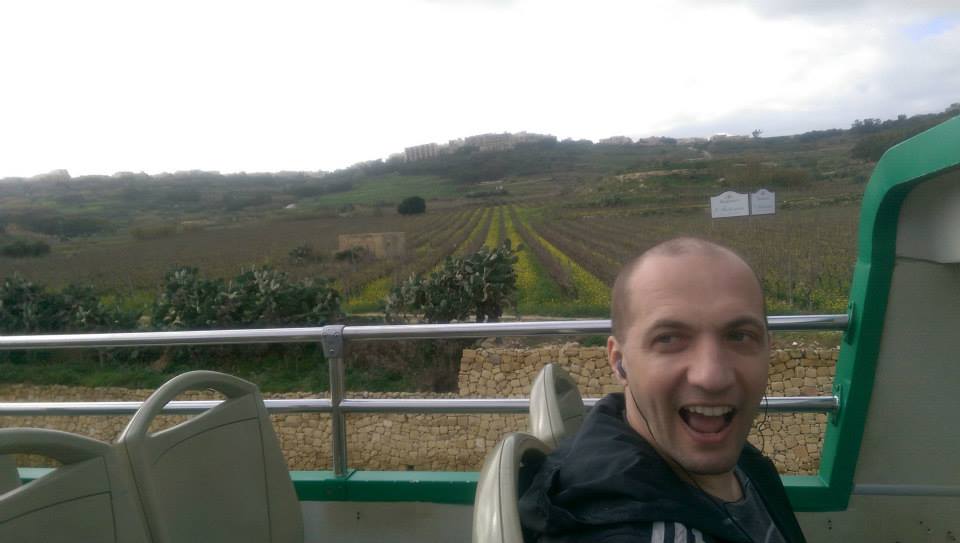
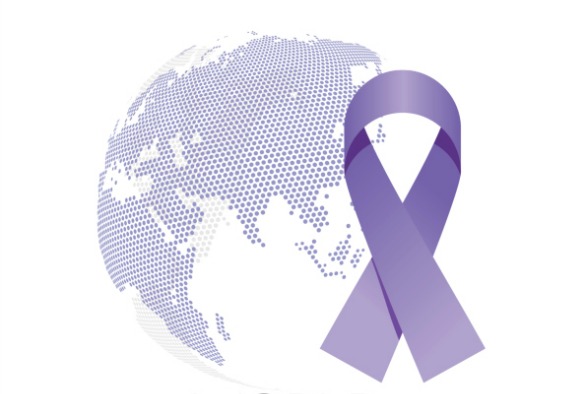
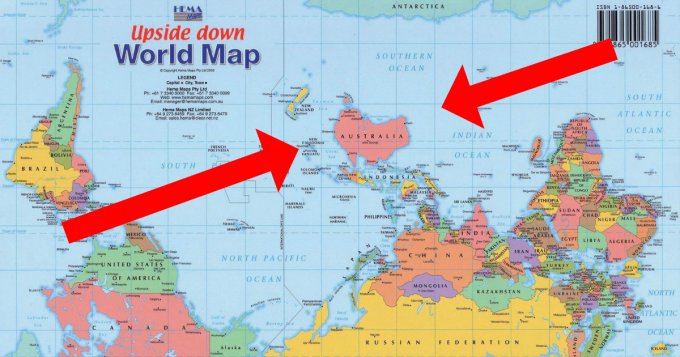

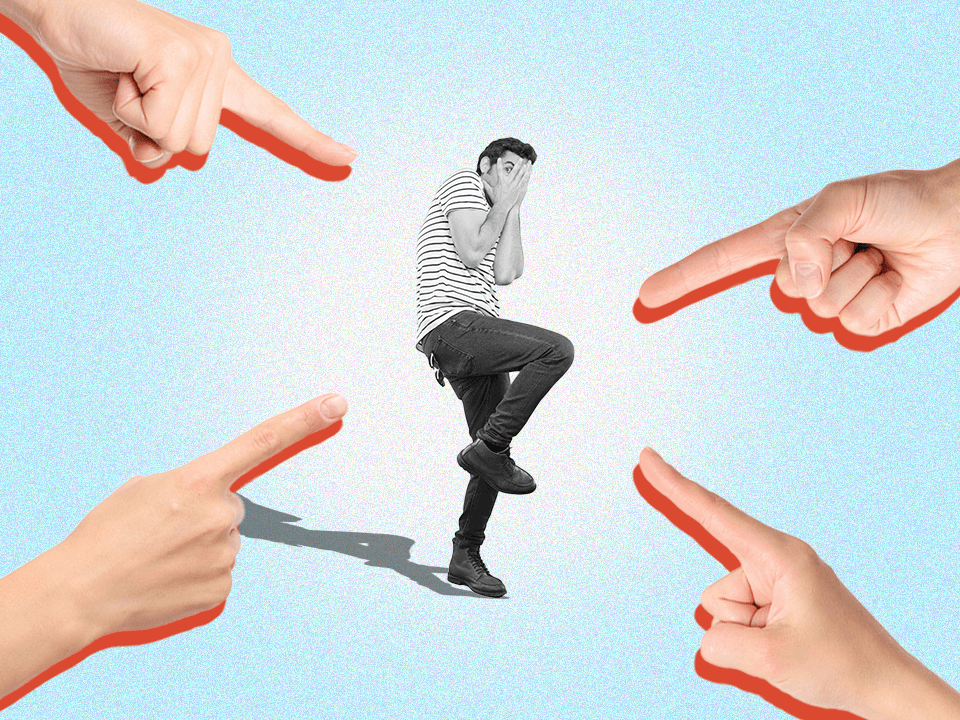

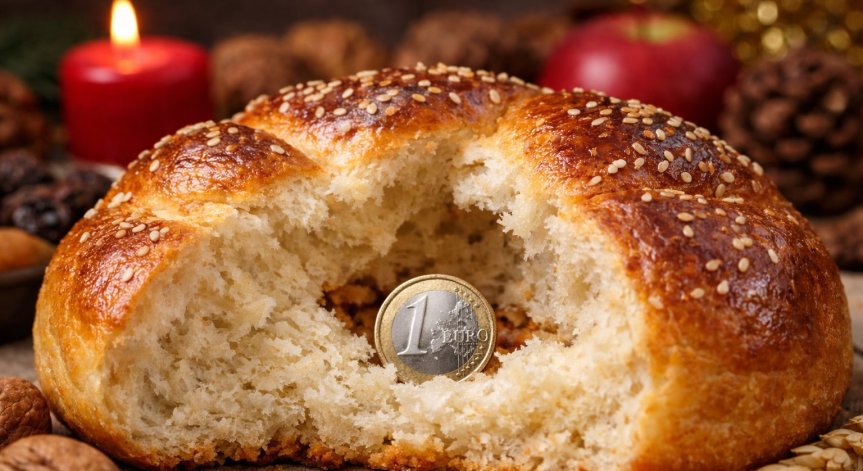
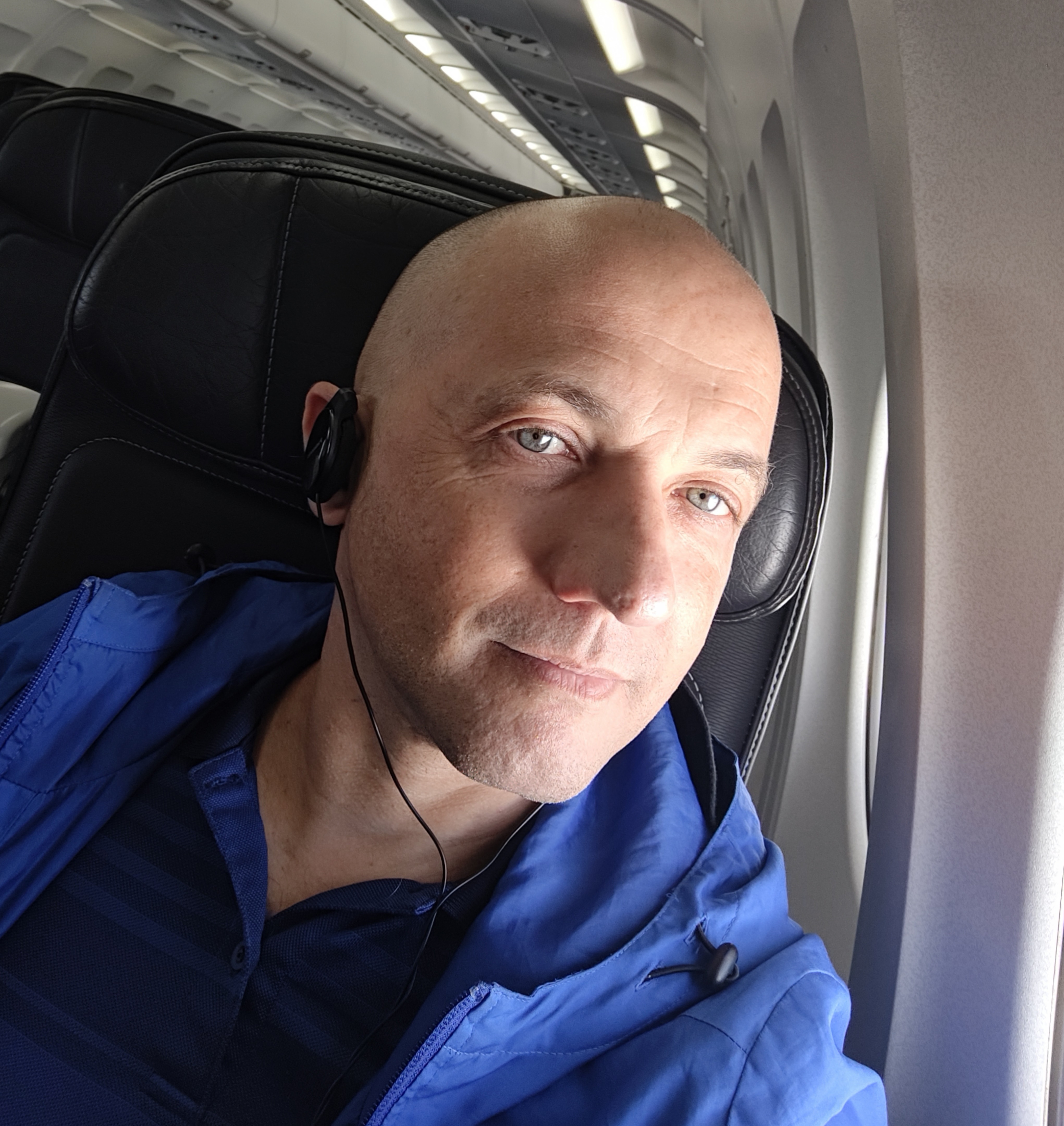

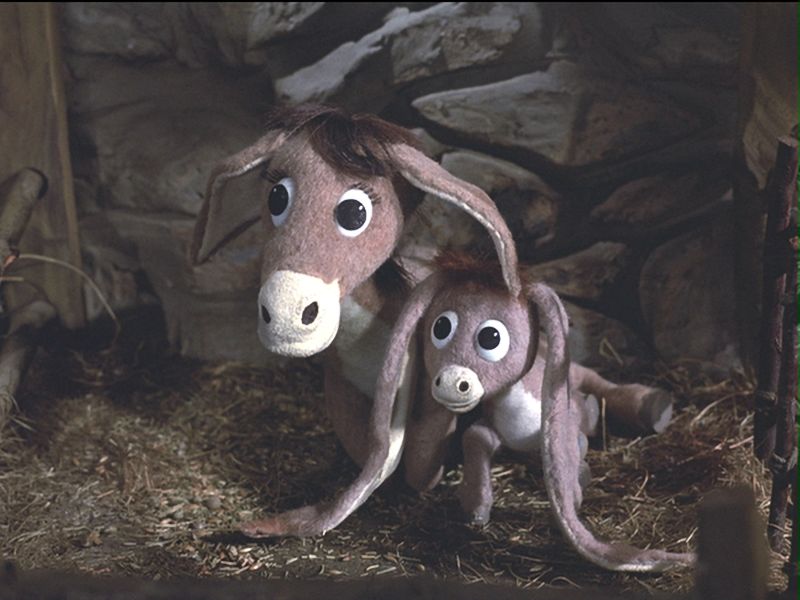

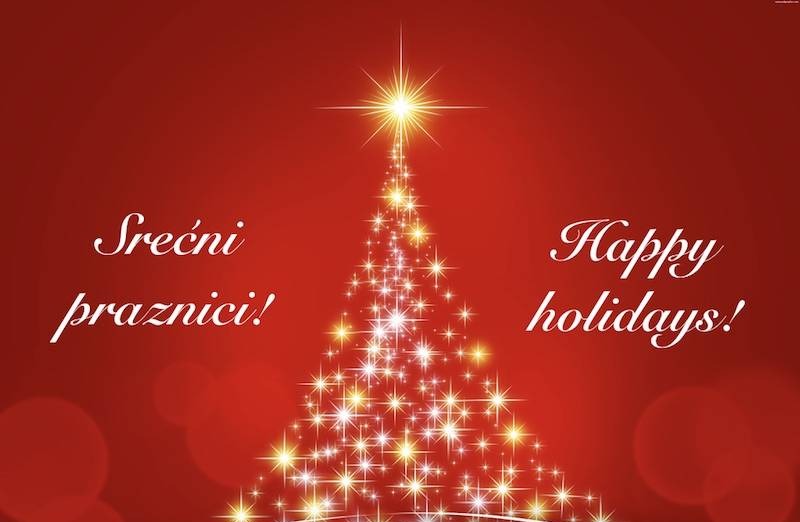

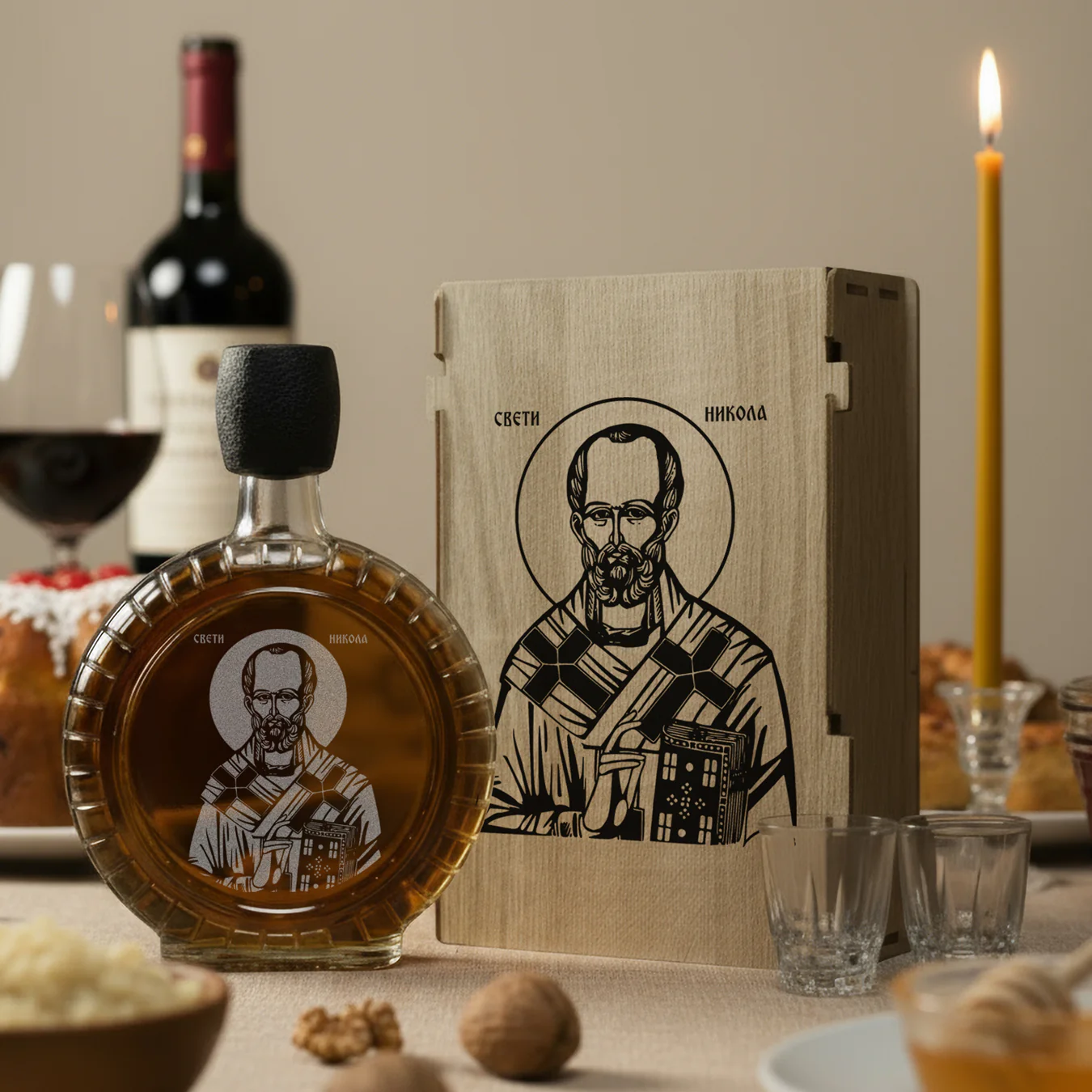
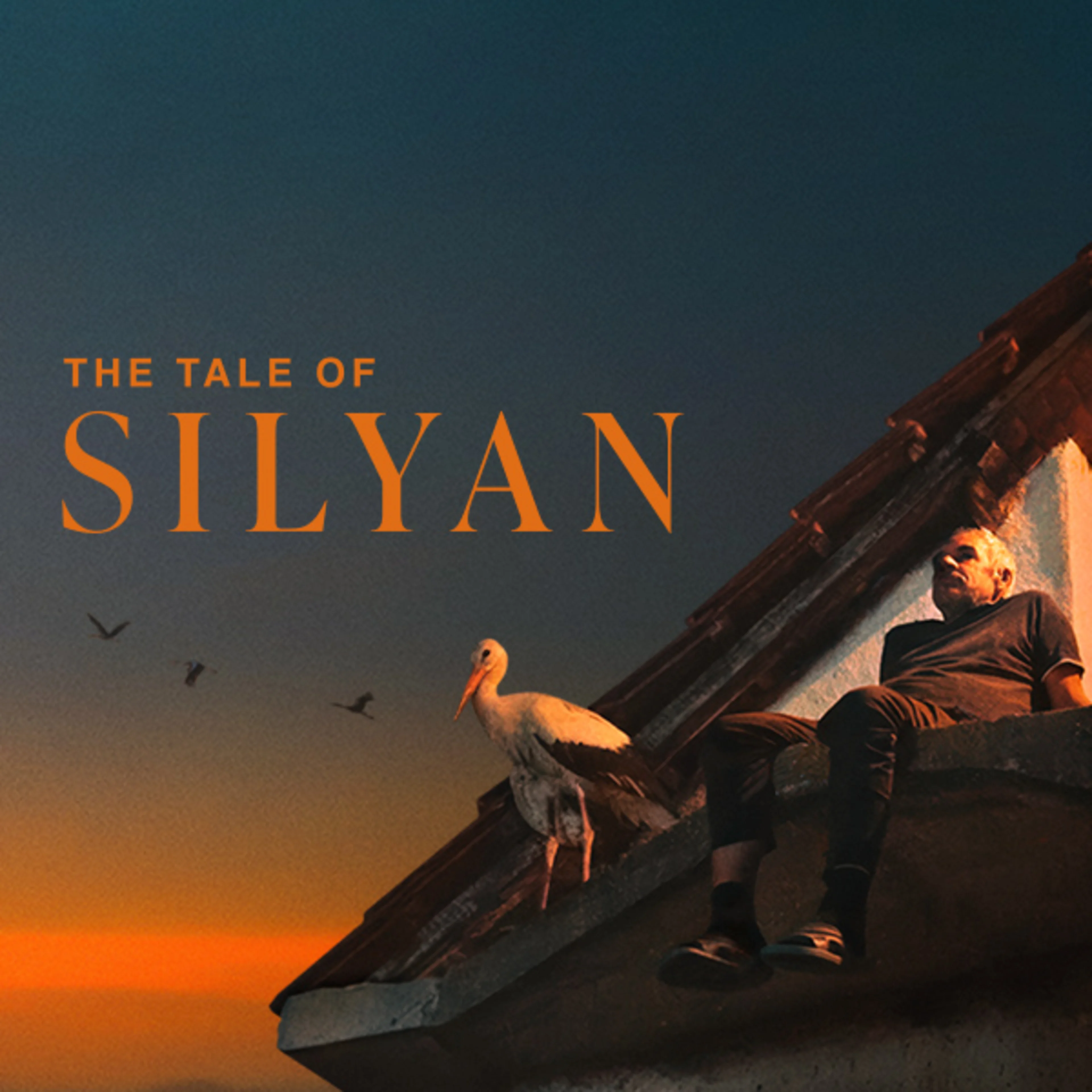
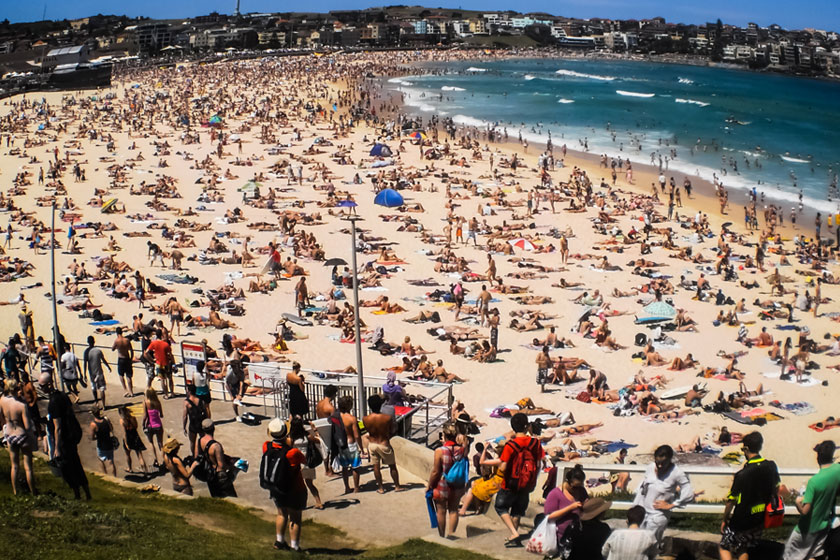
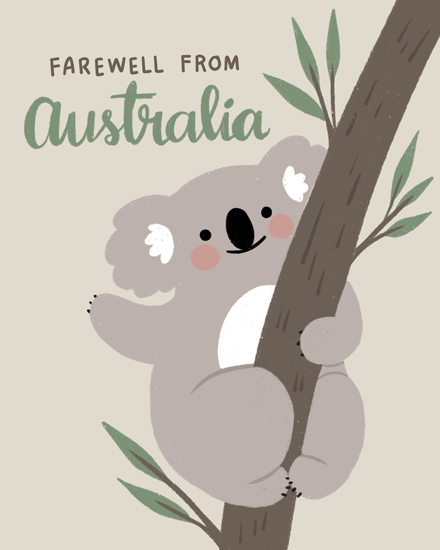
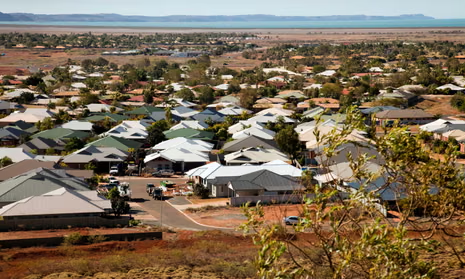
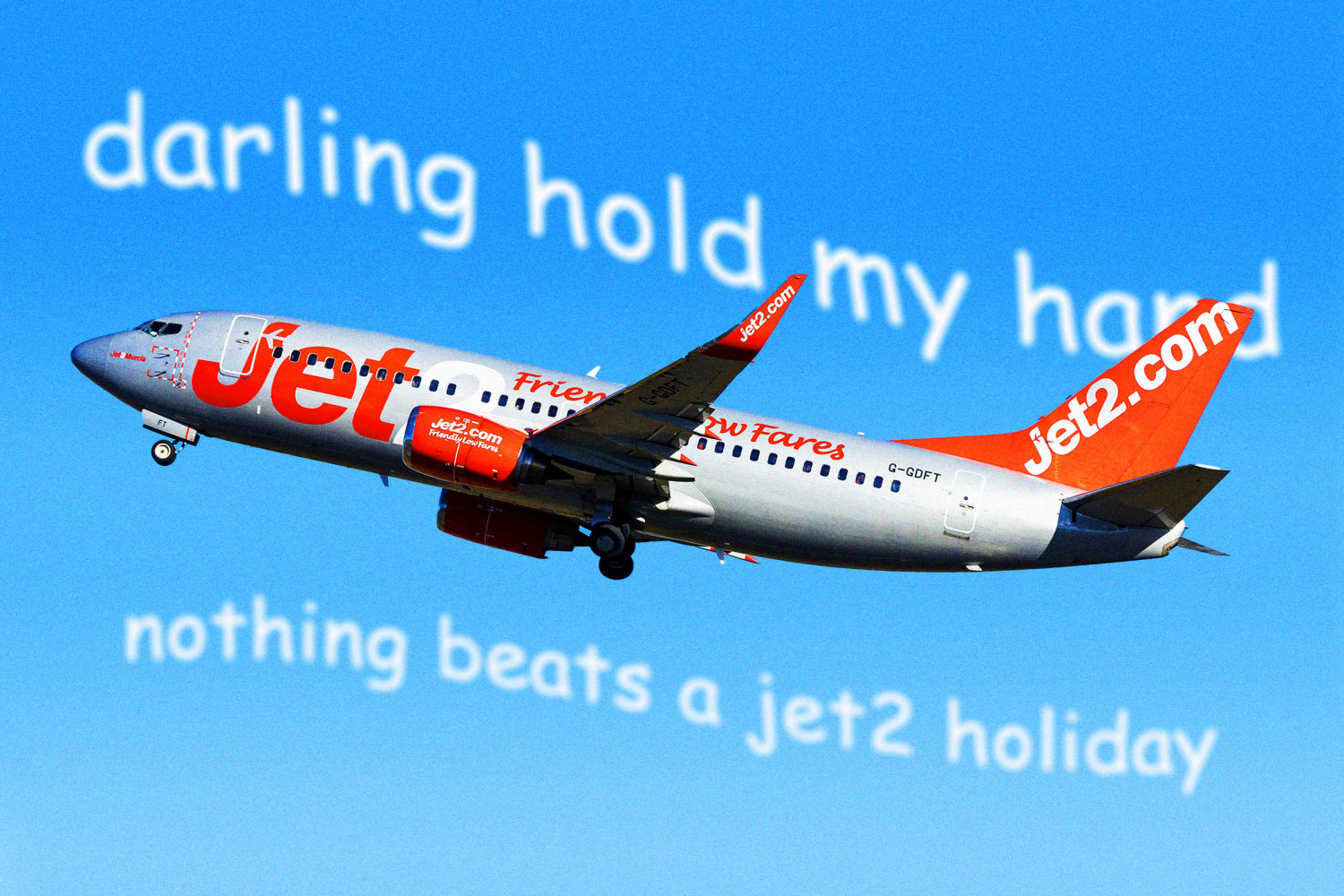
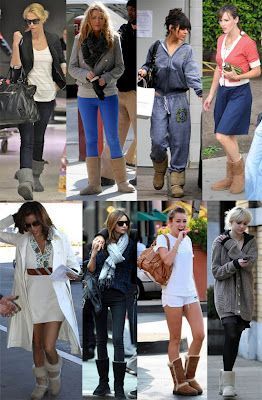

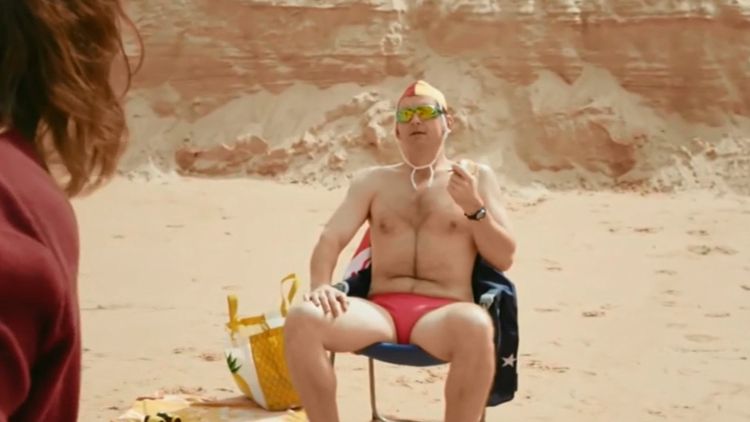




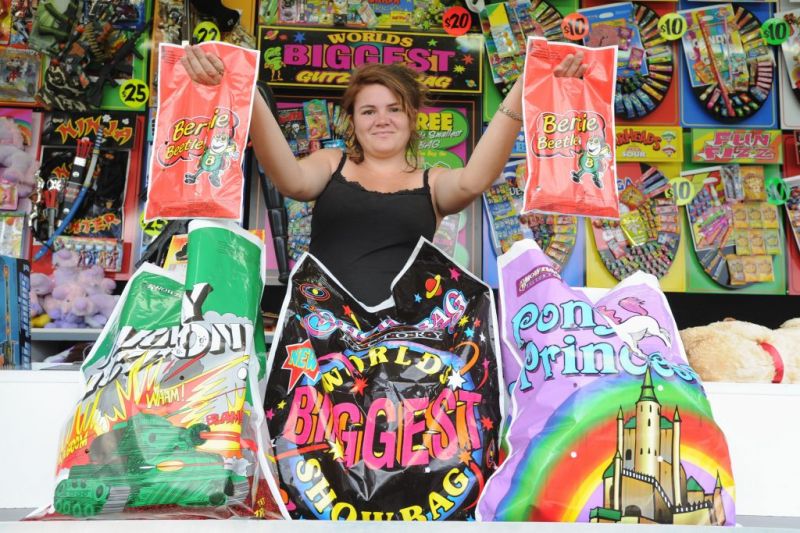
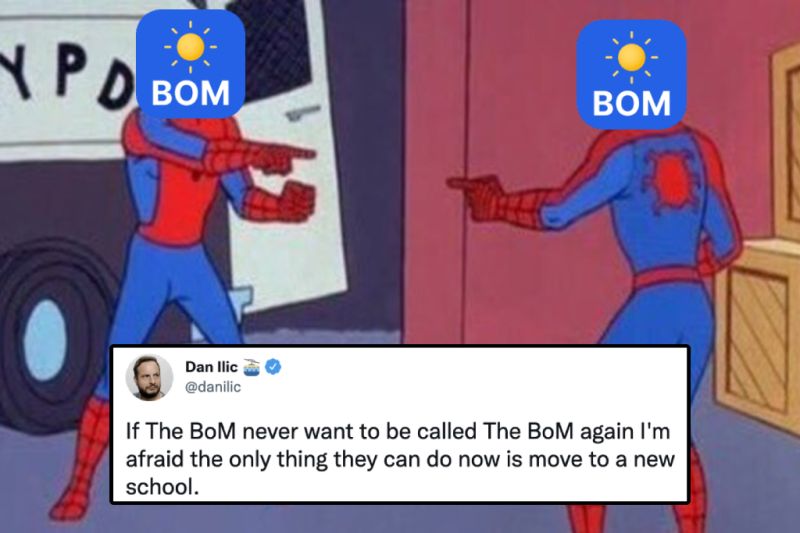
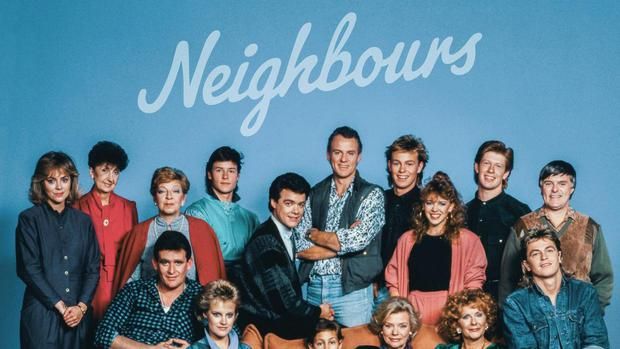




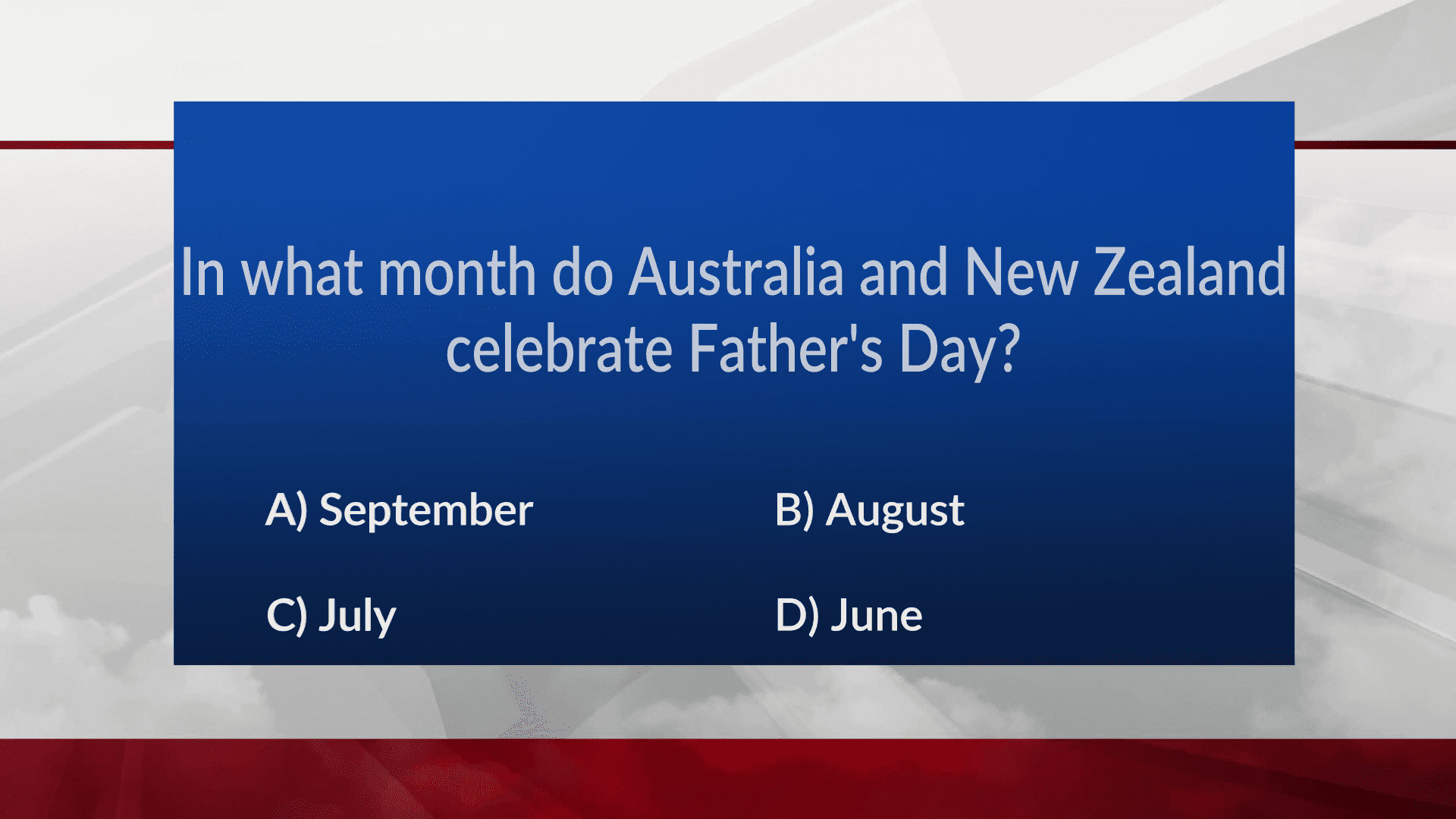












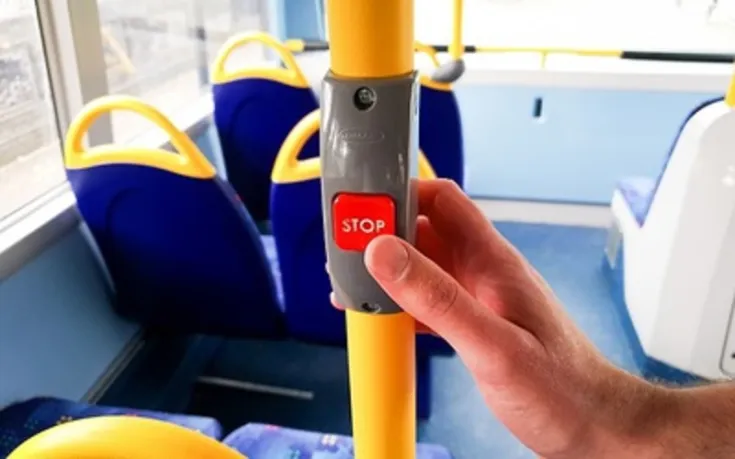








































.%20A%20day%20of%20campaigning%20%E2%99%80%20%E2%80%A6%20or%20a%20day%20to%20buy%20flowers%20%F0%9F%92%90.jpg)

